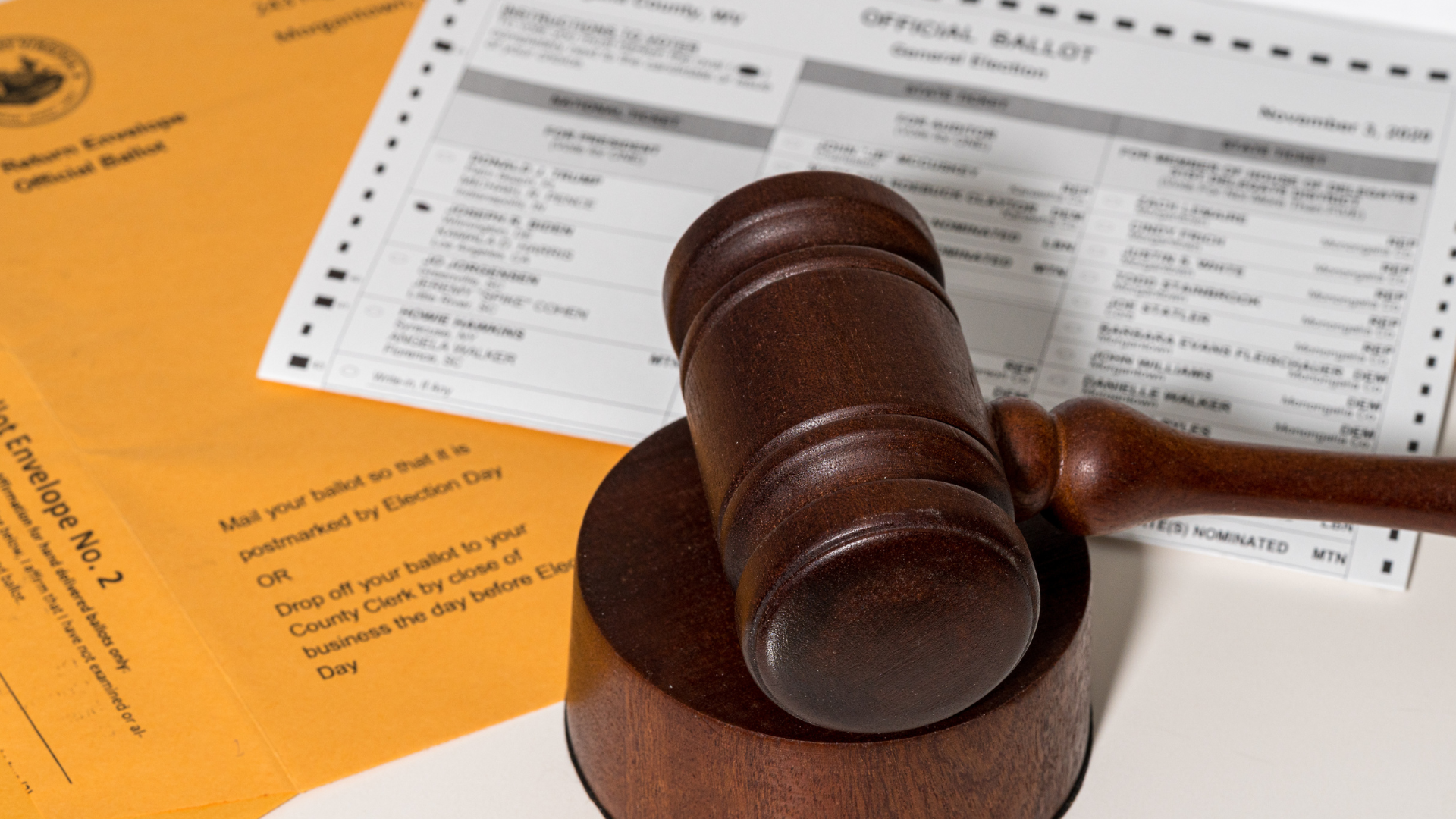Four Wisconsin absentee voters have filed a federal lawsuit challenging the state requirement that a witness sign their ballot envelopes, arguing it violates the federal Voting Rights Act.
The suit argues the federal law bans requiring a voter to have someone vouch for their qualifications. It also argues locating a witness willing to attest to their qualifications to vote is a burden and seeks an...
Please log in to access subscriber content.
If you don't have a subscription, please contact schmies@wispolitics.com for subscription options on the WisPolitics-State Affairs platform, which is the new home for WisPolitics subscriber products.


